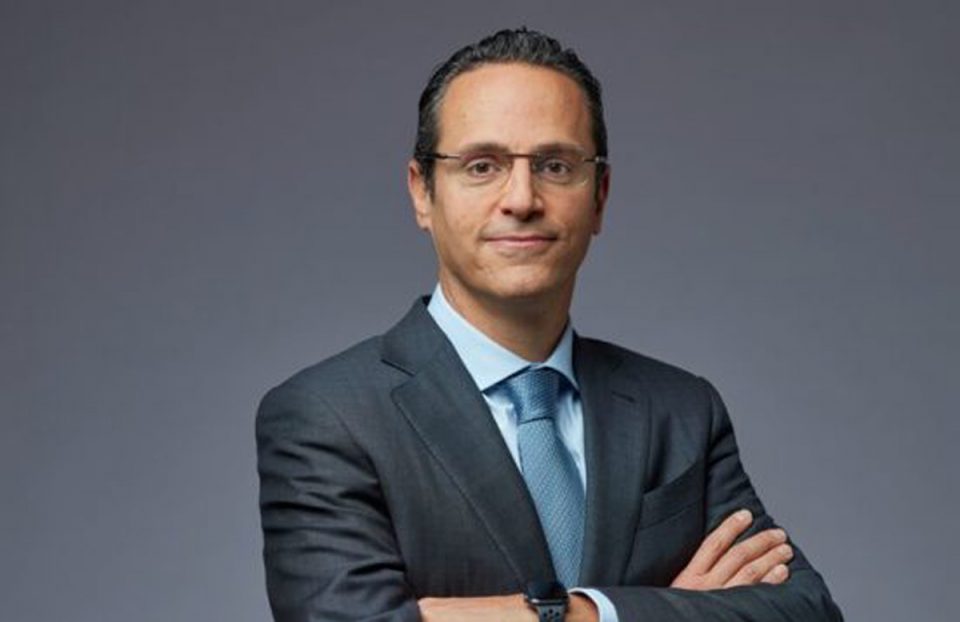By Emeka Ugwuanyi
Oil giant Shell PLC has recorded its highest ever full year results with adjusted earnings hitting $40 billion in 2022 financial year.
According to the 2022 financial report jointly delivered by the Chief Executive Officer, Wael Sawan and the Chief Financial Officer, Sinead Gorman on Thursday, Gorman said the company recorded strong quarterly results which helped to achieve the highest ever full year results.
Gorman said: “Adjusted earnings of some $40 billion, more than double those of last year, and around $17 billion higher than in 2014, when Brent prices were similar. We delivered a full year cash flow from operations of over $68 billion. And our organic free cash flow was around $48 billion.
“In 2022, our financials were impacted by additional taxes of around $2.3 billion. Of this, around $1.5 billion, related to the EU solidarity contributions in the Netherlands, Germany and Italy, with cash outflows expected in 2023 and 2024.
“For the UK Energy Profits Levy the impact is some $900 million. Our strong performance over the year has allowed us to enhance our distributions to shareholders. Our total shareholder distributions for the year were around $26 billion, in excess of 35 per cent of our 2022 cash flow from operations.
“And today we have announced a new $4 billion share buyback programme, which we expect to complete by the time of our Q1 results announcement. As planned, we have also increased our dividend per share by 15 per cent in the fourth quarter.
“Demonstrating discipline our total cash capital expenditure for 2022 was $25 billion and our outlook for 2023 is to maintain the $23 to $27 billion range, absorbing inflation.
“Our double A credit metrics ambition remains we intend to continue to reduce our net debt, as part of our robust financial framework. Finally, we will continue to target shareholder distributions of at least 20 per cent to 30 per cent of our cash flow from operations.
“Our Adjusted Earnings for the fourth quarter were $9.8 billion, with strong contributions from our Integrated Gas business. And we generated $22.4 billion of cash flow from operations, including a positive inflow of $10.4 billion of working capital.
“Our safety performance was impressive, we made good progress in both personal and process safety year on year. We also made good progress on carbon. By the end of 2022, we were more than halfway towards achieving our target reduction of 50 per cent by 2030 for scope 1 and 2 emissions.”
The CEO Wael Sawan said: “We have a world-class organisation with exceptional people, a leading portfolio, and the right strategy. All of which I believe position us very well for the future.
“2022 was a year in which energy security was front and centre. The world mobilized. We saw policy progress with fit for 55 in Europe and the introduction of the Inflation Reduction Act in the US. This is evidence of moving from ambition into action.
“Despite this progress, the energy system still faces huge challenges, and it continues to need bold decisive actions by companies, governments and society at large. The world requires a secure supply of affordable energy, and at the same time, needs this energy to be increasingly low-carbon to make the transition, to a net-zero emissions energy system.
In short, the world needs a balanced energy transition. Moving too fast by dismantling the current energy system before the new system is ready could worsen the situation. But moving too slowly could waste precious time and lose the momentum to build necessary solutions for low-carbon energy at scale.
However, this transition will not be linear and will play out with different solutions needed at different times in different places across the world. We at Shell will do our part. We will invest with discipline where we have differentiated capabilities. We aim to deliver the oil and gas that the world sorely needs today while also leveraging our unparalleled customer reach to develop the scalable and profitable low carbon products that are urgently needed.
“The balance between global energy supply and demand remains extremely tight, small changes on either side can have a significant impact, so volatility and uncertainty will continue to be the watchwords in 2023.”
“And how will Shell respond to that? With confidence in the direction of our strategy and the strengths of our businesses, and with discipline and a focus on value,” he said.
“We have worked hard over the years to strengthen our portfolio. We have a clear strategy in Powering Progress. Our focus now is to further operationalise and profitably deliver this strategy. We will build from our strengths where we will prioritise value over volume, while reducing carbon emissions.
“In Upstream, we will continue to proudly deliver energy that the world needs while driving strong results with our high-graded portfolio. In Integrated Gas, we will leverage and extend our world-leading LNG position, and in Marketing we will build on the robust performance that we have seen in recent years.
“Performance will be top of mind in every area of Shell. We aim to demonstrate progress, at pace, not through words, but through results. And we will continue to simplify our organisation. One example of this is the more aligned and focused senior leadership structure that we announced earlier this week with fewer roles and greater accountabilities simplifying decision-making. By building on our strengths, focusing on performance and simplification, we intend to deliver compelling shareholder returns.”




